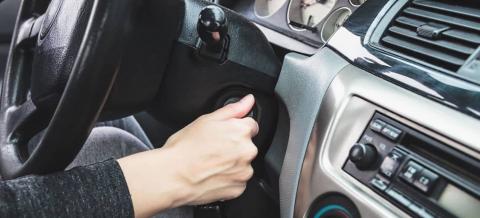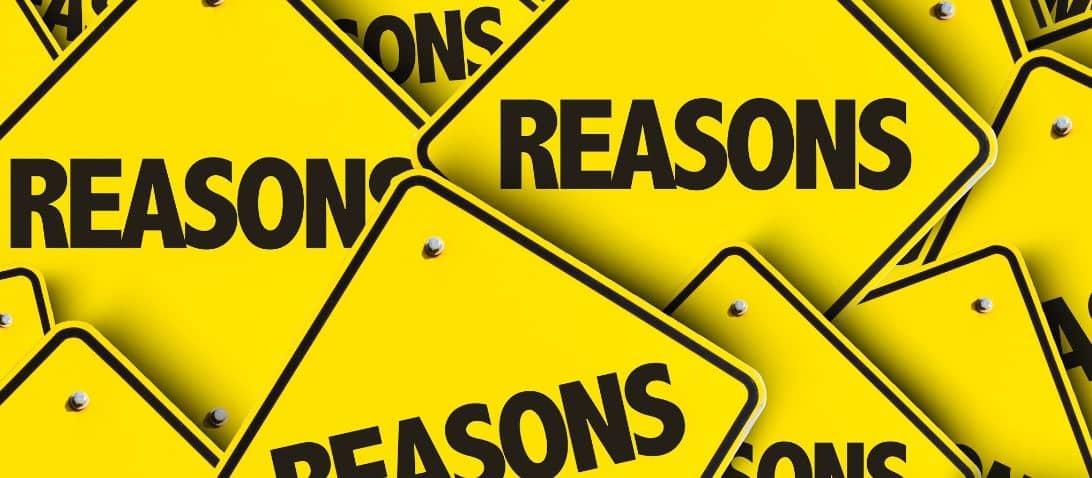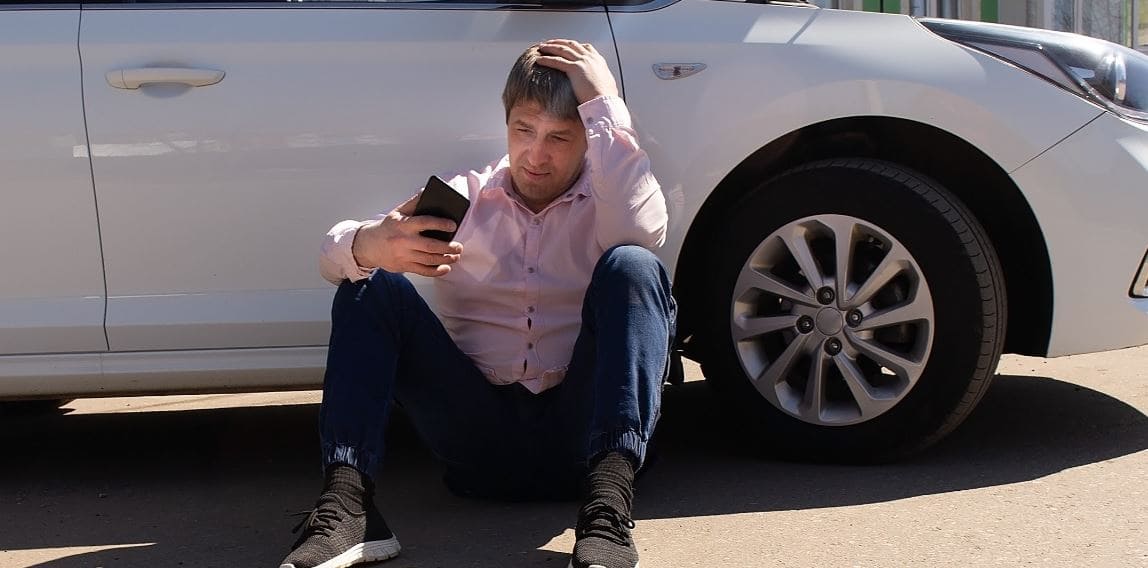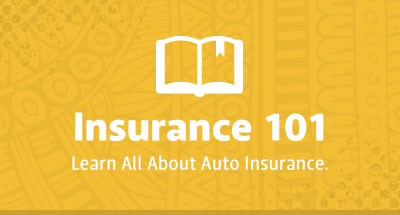What to Do When Your Car Won’t Start

You rely on your vehicle for many things, so when it refuses to start you may find yourself in an unfortunate situation. There are many reasons why your car won’t start, but some are more common than others. As a responsible car owner, it’s important to know why your car won’t start in the first place and what you can do to fix it before calling a tow truck.
Reasons Why Your Car Won’t Start

There could be many reasons as to why your car won’t start when you turn on the ignition. But some issues are more common than others. If you are wondering why your vehicle is not turning on, take a look at some of the most common culprits and find out how you can tackle each one.
- Dead Battery: A dead battery is the most common reason your car won’t start. Your battery can die for a variety of reasons; you left the dome light on overnight, a wire is loose, evaporated water leading to poor conductivity, or it’s simply an old battery that needs replacement. You can test to see if the battery is the problem by jump-starting your car. If the jump-start works, your battery needs replacing. Consider cleaning the connections to avoid battery corrosion.
- Bad Ignition Switch: If you determine that your battery is working properly, but your car doesn't turn over on the first few tries, you might have a problem with the ignition switch. You can try to narrow down the cause of the issue by turning on your headlights and dashboard. Because your battery controls your headlights and dashboard, if they turn on but your engine won’t start, then a bad ignition switch is likely the culprit.
- Broken Starter: Similar to a bad ignition switch, a broken starter is another common reason your car won’t start. As the name implies, the starter provides the turning force necessary to get everything moving to ignite the engine. If you hear a clicking noise when you try to start your vehicle, a broken or weakened starter could be to blame.
- Clogged Fuel Filter: If your fuel filter is clogged, the gasoline won’t have the ability to reach the engine. Fuel filters should be changed every 10,000 to 15,000 miles, so consider changing filters next time you take your car to get serviced.
- Gas Tank is Empty: Sometimes the most obvious answer is the right one. If you were running on fumes and forgot to refuel, your car might not have enough gas left in the tank to start.
- Bad Timing Belt: The timing belt ensures the engine’s valves open and close at the proper interval so the valves and the pistons never touch. The timing belt is the most important maintenance item in your motor. A failed timing belt can cause catastrophic engine damage, requiring replacement. It's recommended to change a timing belt based on mileage; generally, the recommendation is every 60,000 miles or every five years, whichever comes first.
If you are unable to fix the problem yourself or don't feel comfortable, get in touch with a trustworthy auto mechanic.
What to Do When Your Car Won’t Start

If you want to tackle the issue yourself, we’ve compiled a list of tricks you can try, and none of them require tools. Keep in mind these tips will not fix the root of the problem, but one of them might just get the engine started so you can head to the nearest mechanic to have the issue fixed.
Starter Goes “Click” When you Turn the Key
- Cycle the key: Turn on the dome light and watch it while you try to start the engine. If the light goes out, it’s a sign the battery is really weak and almost dead. To heat up the battery terminals and starter, try the “key cycling” trick. The trick is to turn the key to the started position repeatedly about 10 times in a row. Stop and wait five minutes. Then try to start the motor.
- Tap on the battery terminals: There is no way to clean corroded battery terminals when you’re stranded without tools. But you can try to move or at least jar the terminals enough to make better contact. Smack each battery terminal with the heel of a shoe to rotate it slightly around the battery post. Then attempt to start the engine.
- Gently jostle the starter: If you have access to the starter motor, try smacking it with the tire iron from your car jack. Sometimes, the electrical contacts get stuck and can be freed by tapping on them.
No “Click’ When you Turn the Key
- Try shifting the shifter: With your foot on the brake, move the shift lever to the “Neutral” position and attempt to start the engine. If that doesn’t work, move it back to “Park” and try it again. Moving the shifter sometimes reestablishes electrical contact inside the transmission range sector, also known as the neutral safety switch.
Engine Cranks but Won’t Fire up
- Swap the relays: With the radio off, turn the key to the “Run” position and listen for a two-second buzzing sound. That’s the fuel pump priming the injection system. If you don't hear any sound, the fuel pump relay may be bad or the pump may need to be replaced. First, find the location of the fuel pump relay in your owner’s manual or on the legend of the under-hood fuse box cover. Yank the fuel pump relay straight up. Then locate another relay with the same part number and swap it with the fuel pump and push it straight into the socket. Try starting the engine afterward.
- Reset a flooded engine: If you smell gas, the engine is flooded. Press the accelerator pedal to the floor and hold it there while you crank the motor.
- Trick the software: A vacuum leak or funky temperature sensor can result in an air/fuel mixture that's too lean to start a cold engine. If you have tried the above and your car won’t start, press the accelerator halfway and try to start the motor; that will tell the computer to add more fuel.
The Best Way to Take Care of Your Car
Taking good care of your vehicle means regular maintenance, safe driving habits, and carrying auto insurance. If your car breaks down, the noise of a tow truck is a welcomed sound. Fortunately, it is easy to call one with our Roadside Assistance. Another nice noise? Hearing that you could be paying less for your auto insurance with Illinois Vehicle. Get a quote now and see how much you could save. You can also learn more about our affordable rates by calling our licensed agents at 888-449-0170.






